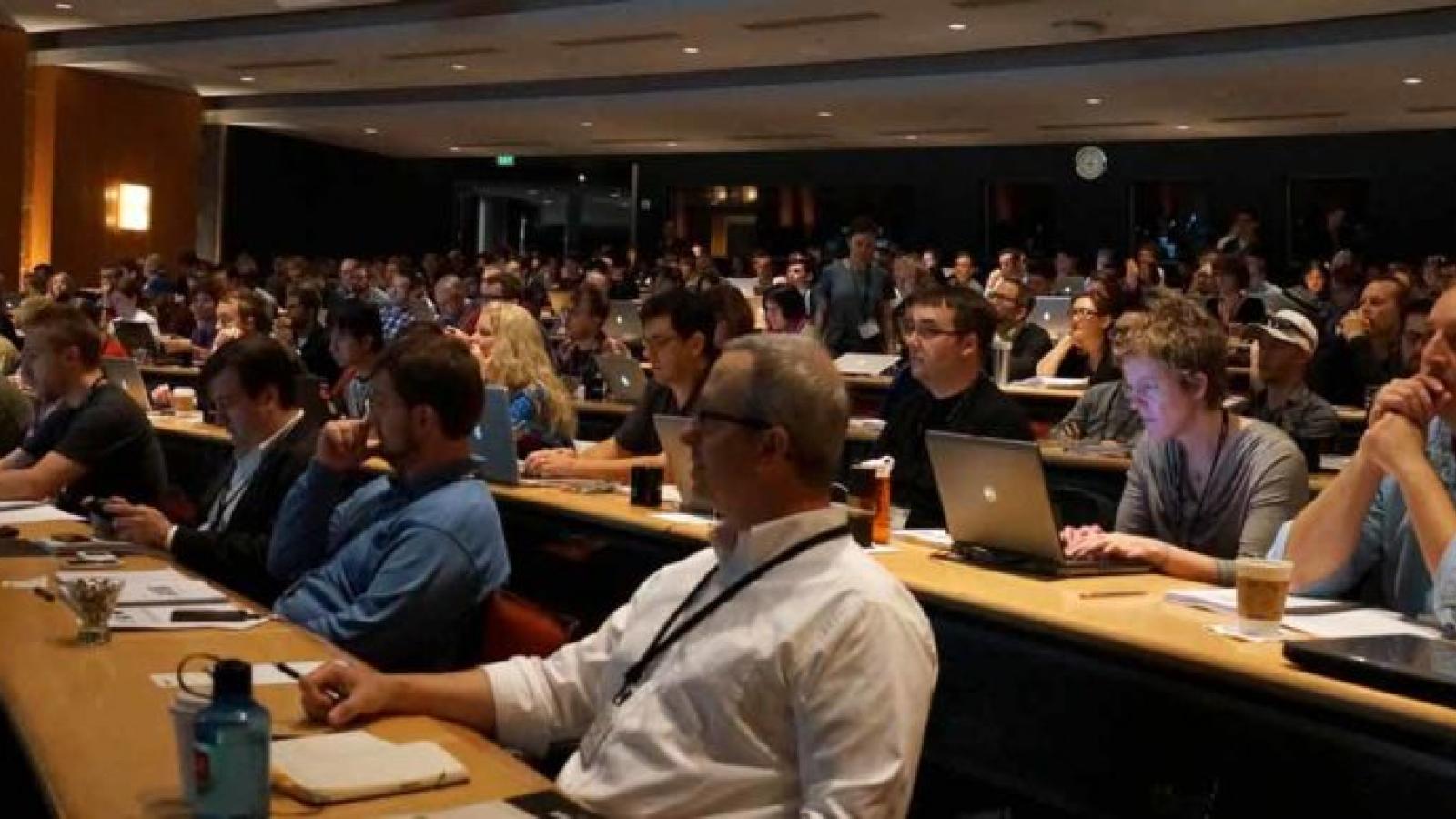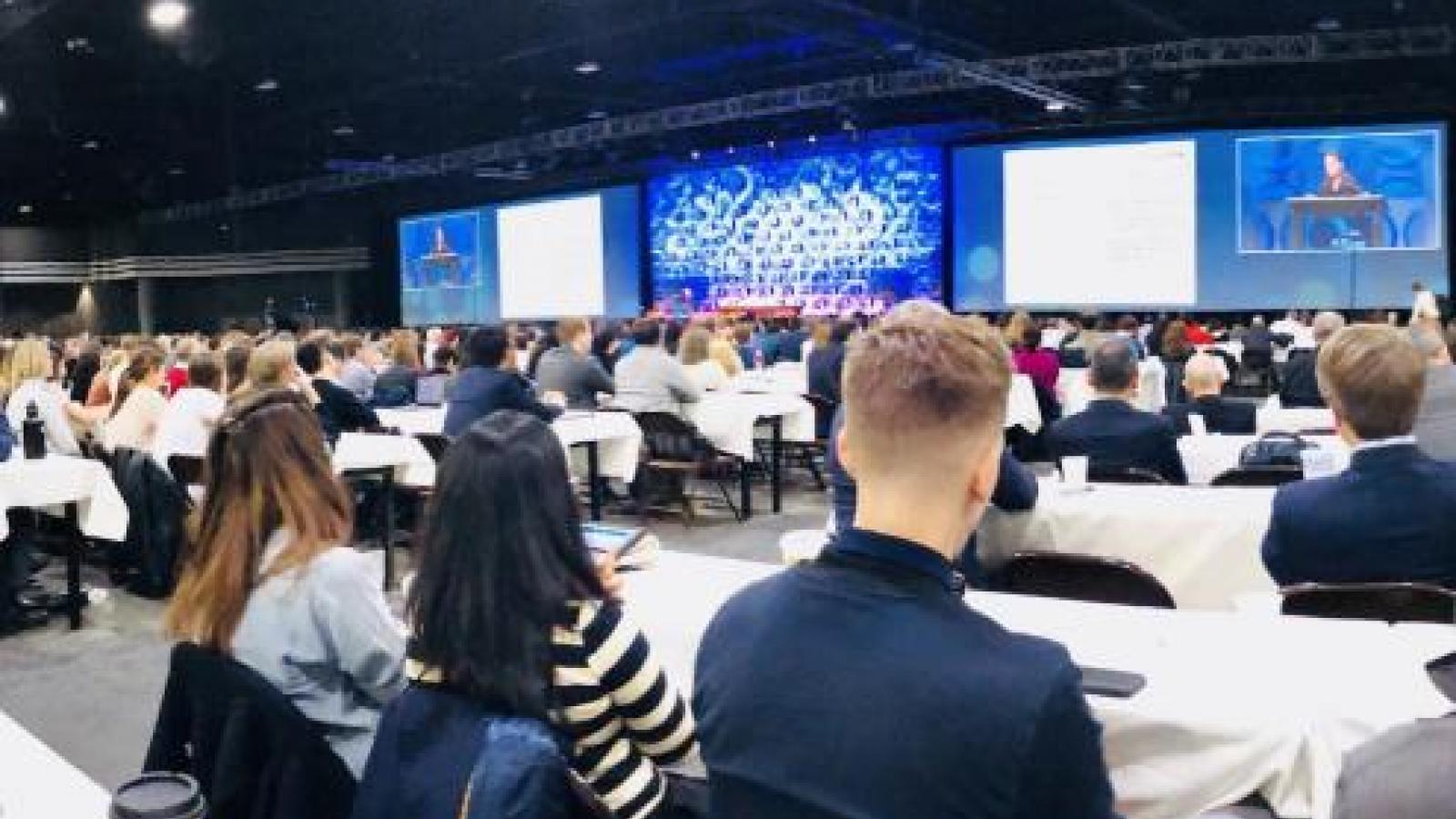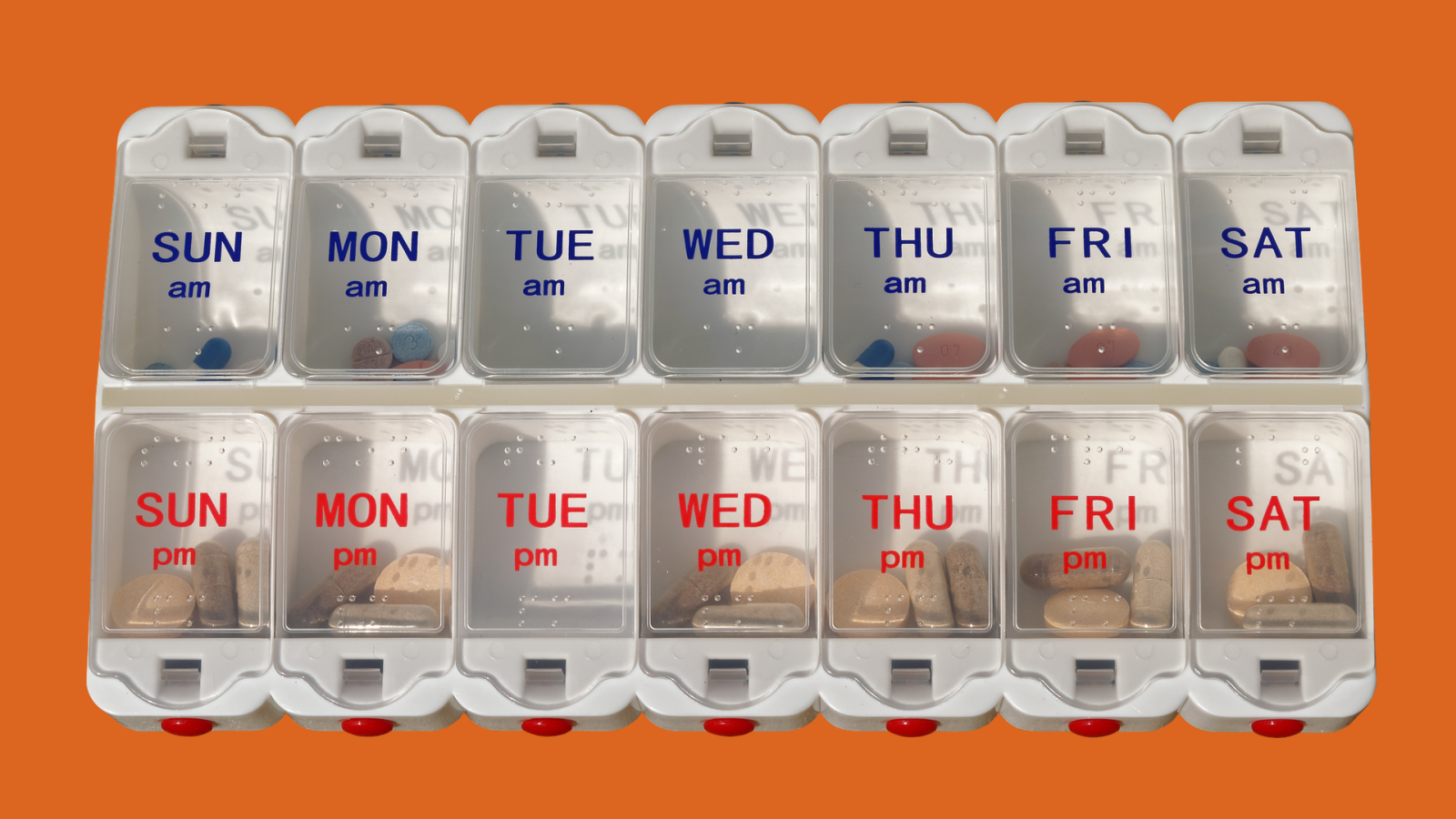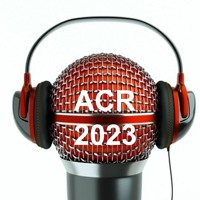Rheumatoid Arthritis
Drs. Jack Cush and Arthur Kavanaugh discuss highlights and key takeaways from ACR 23.
While there wasn’t much original new programming and research presented on the final day, that didn’t slow the RheumNow faculty from tweeting the noteworthy “Best of ACR” abstracts. Enjoy these below.
The last day at ACR23 was a ghost town as most left, largely because there was limited programming on the fourth and final day. The main attraction on Day 4 was the late-breaking abstract – oral presentations. Here’s a list of the late breakers; below, I provide commentary on the ones that caught my attention.
These year’s annual ACR Convergence has been a success with the return of an insanely active Poster Hall! F2F learning amidst miles of research and many young talented aside wizened establish presenters is such a welcome return to ACR, the way it should be.
For as long as I can remember, methotrexate has been the anchor drug treatment of rheumatoid arthritis. We also know it has limited oral bioavailability at doses greater than 15mg. There are subcutaneous forms that offer better bioavailability, but its subcutaneous nature can sometimes sway patients away from trying it in addition to its higher cost. Split dosing of methotrexate can be a solution to attain higher bioavailability; however, its
The American College of Rheumatology guidelines for the diagnosis and management of interstitial lung disease, which includes rheumatoid arthritis interstitial lung disease (RA-ILD), has been one of the most controversial topics in the runup to ACR Convergence.
Over the years of navigating the annual meeting, I found the sessions with the most impact to my practice were the Plenary Sessions. During these sessions, the latest research is presented, new ideas are floated, and old myths debunked. Here are the top ACR2023 Plenary abstracts I found impactful for my practice.
Cancer risk minimisation is a high priority for people with rheumatic diseases, as it is for the general population. Tumor necrosis factor inhibitors (TNFi) have a long history of association with cancer risk discussions. An oral presentation by Suarez-Almazor et al provided more supportive data on using TNFi in this population.
Our reporters have been prolific in finding the hot abstracts, those that were most attended or those that are getting the most buzz on social media. Here are RheumNow's #ACRbest abstract reports from Monday, November 13, 2023 at #ACR23, covering The Great Debate, SGLPT2 inhibitors in SLE, the SMART Study of MTX, TMP/SMX Prophylaxis, RA-ILD & TNF Inhibitors, cancer research and more.
Methotrexate is widely used in rheumatic diseases yet poses common tolerance issues, especially for the oral form; and bioavailability is known to be limited for doses over 15mg. In the SMART study, Prasad et al. present the first RCT comparing either single dose (25 mg) or split-dose (10 mg morning, 15 mg evening, same day) once weekly MTX for 24 weeks.
Most rheumatologists know that it is important to get pregnancy planning right for women of childbearing age living with rheumatic diseases. That is easier said than done, though: the details are difficult, it is overwhelming for the patient, and the conversations are hard.
ACR 2023 is back in San Diego for its annual convergence of thousands of rheumatologists to partake, discover and learn from thousands of abstracts and hundreds of sessions and presentations. It was a big return for the Poster Hall with rows and rows of research, friends, fellows and poster tours. Below are a few of my favorite presentations from the posters, Plenary and oral sessions on day one.
Whether it’s RA, SLE or Sjogren’s, the increased prevalence of females affected by auto-immune diseases is well established, yet not fully understood. Often, I have heard that sexual hormones are responsible for every aspect of it. Two abstracts presented this year question this paradigm.
The RheumNow faculty reporters have been scouring the meeting for what they believe to be the best presentations from the first day at ACR 2023 in San Diego. From hundreds of online presentations, the poster floor and the plenary podium, here are some of the best abstracts from Sunday Nov. 12th. You can spot these on Twitter by looking for the (#ACRbest) hashtag.
Several abstracts have studied the mechanism of action of JAK inhibitors (JAKi) in various diseases. JAKi alter many other mediators affected by the JAK STAT pathway. For instance, T cell signature in blood that is proliferative was associated with a response in RA.

























 Poster Hall
Poster Hall